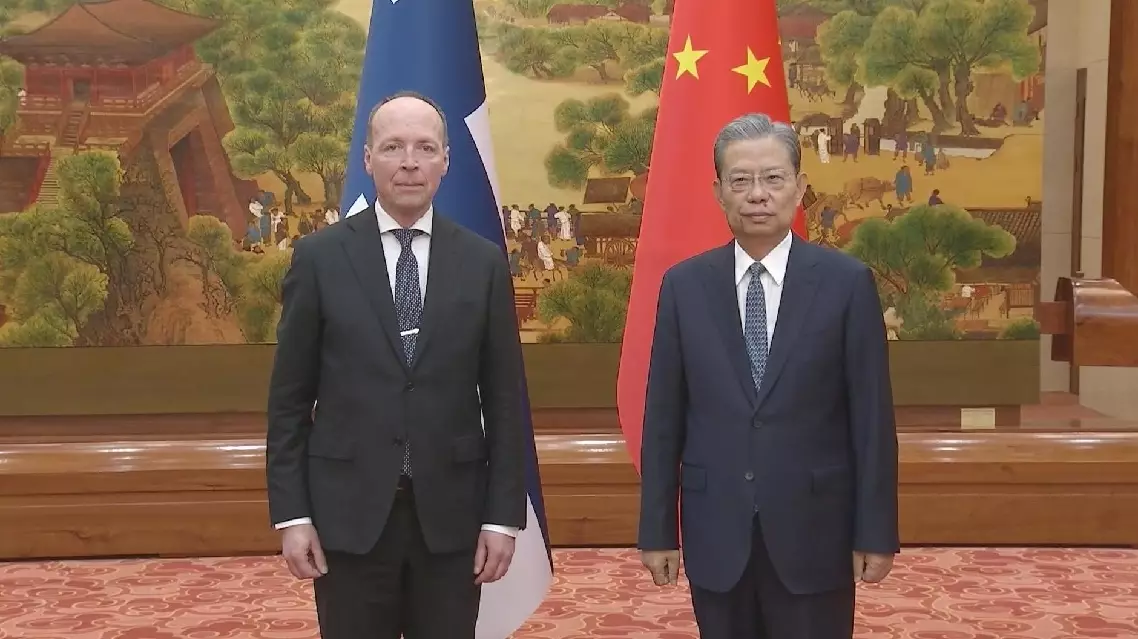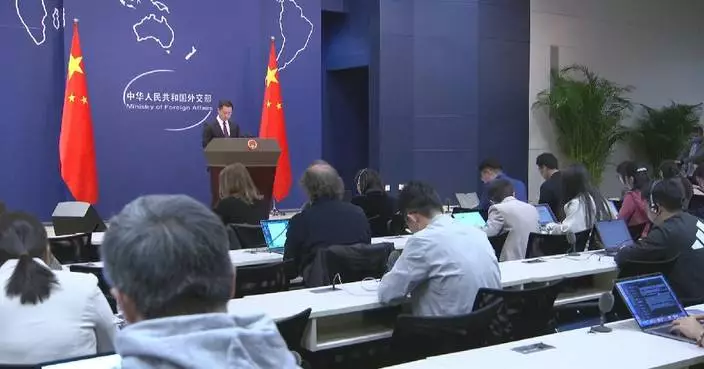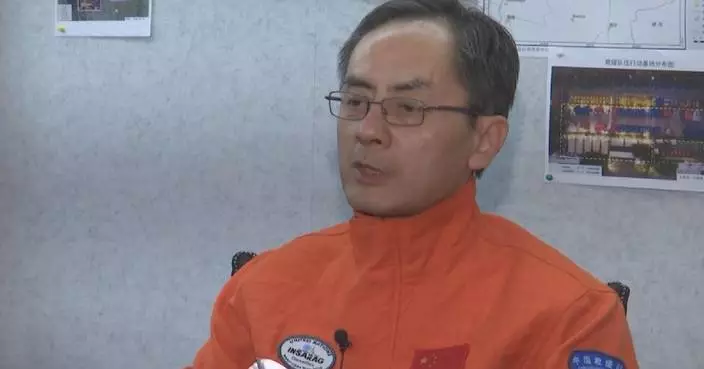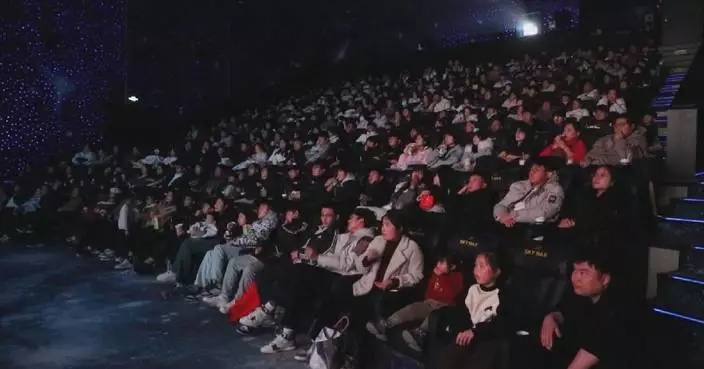A high-tech hydrogen refueling machine developed in Chengdu City of southwest China's Sichuan Province is now playing a pivotal role on the global stage as it charges the vehicles which are ferrying athletes around the competition venues at the ongoing Paris Olympics.
Created by the Chengdu-based new energy company, the Houpu Clean Energy Group, the advanced refueling machine has won international recognition after multiple orders were placed by French energy giant Air Liquide, the official hydrogen supporter of the Paris Games.
"This batch of equipment is indeed distinctive. It only conforms to China's technical standards but has also obtained European certification. The equipment has been performing very well, and its selection for the Paris Olympics shows that it has been well recognized by our [global] clients," said Liu Xing, vice president of the Houpu group.
Following its successful reception in the French capital, the company says it is now assembling and testing more hydrogen refueling equipment which will soon be ready to be exported to France as well as to Canada and Australia.
The adoption of hydrogen energy is seen as key to the green transition in the transportation sector, an industry which is one of the largest emitters carbon dioxide emissions globally. Insiders also believe that the high energy demands of heavy-duty, long-haul transportation make this sector well-suited for conversion into hydrogen energy.
However, experts note that the path to widespread commercial application of hydrogen still faces numerous challenges before it can be introduced on a much broader scale.
"Hydrogen energy's application in rail transit, such as converting from oil to hydrogen, is technically mature and poses no issues in engineering application. But there's a need to strengthen our technical specifications, standards and management measures. Additionally, basic infrastructure, like hydrogen refueling facilities, requires further enhancement," said Chen Weirong, dean of the School of Electrical Engineering of China's Southwest Jiaotong University.
China is looking to advance the adoption of hydrogen energy with more policies being discussed at the provincial and local levels.
In a further effort to accelerate the transition, Sichuan Province has also announced that hydrogen-powered vehicles which are fitted with electronic toll collection device will be exempt from expressway tolls.
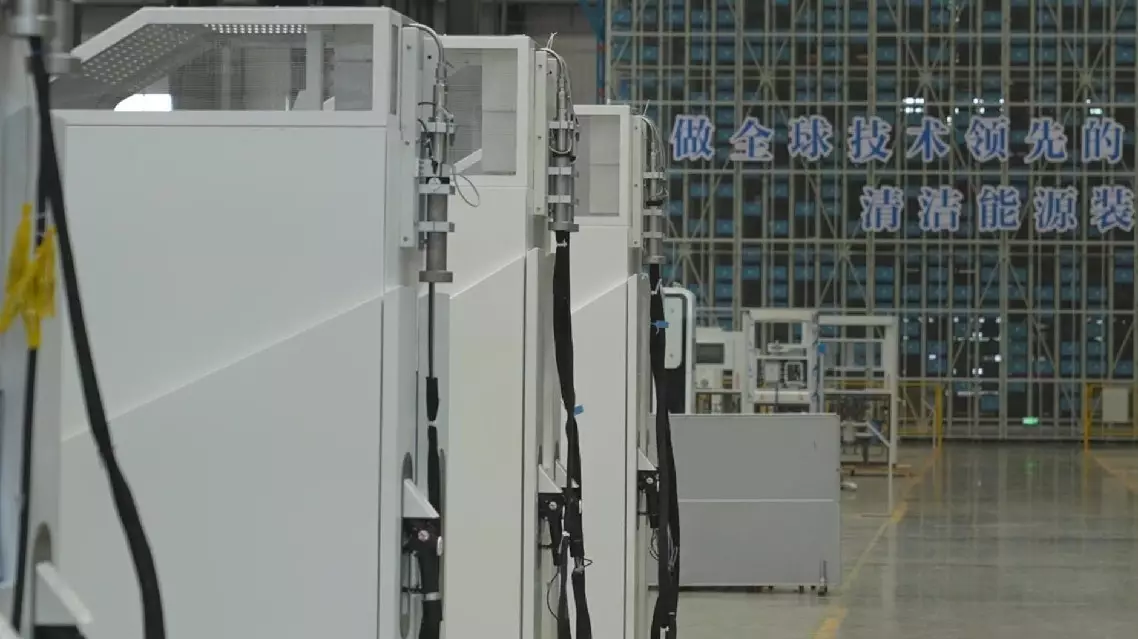
China-made hydrogen refueling machine helps transport athletes at Paris Olympics



